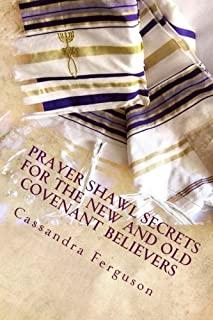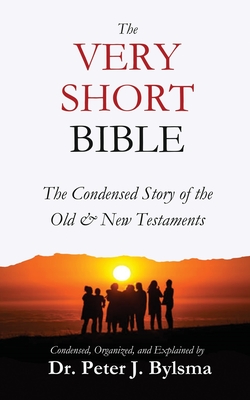
Ferguson, Cassandra
product information
description
9The Tallit / Prayer Shawl Originally the word meant "gown" or "cloak." This was a rectangular mantle that looked like a blanket and was worn by men in ancient times. At the four corners of the tallit tassels were attached in fulfillment of the biblical commandment of fringes (Num. 15:38-41). The tallit was usually made either of wool or of linen (Men. 39b) and probably resembled the ("blanket") still worn by Bedouin for protection against the weather. The tallit made of finer quality was similar to the Roman Arch-Bishop Vestment and was worn mostly by the wealthy and by distinguished rabbis and scholars (BB 98a). The length of the mantle was to be a handbreadth shorter than that of the garment under it (BB 57b). After the exile of the Jews from South-Western Israel and their dispersion, they came to adopt the fashions of their gentile neighbors more readily. The tallit was discarded as a daily habit and it became a religious garment for prayer; hence its later meaning of prayer shawl. The Tallit, Tallith, Tallis, Talis also known as the Prayer Shawl. Tal meaning Tent, ith meaning Little join them to get Tallith as Little Tent. The Tallit (Modern Hebrew) Yiddish pronounced Tah-lis is a Prayer Shawl. It is a rectangular shaped piece of linen or wool with special fringes called Tzitzit on each of the four corners. The whole purpose of the garment is to hold the Tzitzit. (Fringe). The prayer shawl, tallit is a religious symbol, a garment, shroud, canopy, cloak which envelops the body physically and spiritually, in prayer and celebration in joy and in sorrow. The Tallit is a special personal religious garment worn and used for many years or a lifetime and never discarded. The Tallit is treated with the utmost respect, as if it had a mantle of holiness, acquired from years of use. What punishment is worthy of death? How about the commandment to Remember the Sabbath Day to keep it holy. We will see how one man's disobedience to the Law of the Sabbath brought forth the Tallit (Prayer Shawl). In the Levitical Law there are many laws that if broken are punishable unto death. The commandment that is relevant for this book is Remember the Sabbath Day to keep it holy Exodus 20:8-11. 8Remember the sabbath day, to keep it holy. 9Six days shalt thou labour, and do all thy work: 10But the seventh day is] the sabbath of the LORD thy God: in it] thou shalt not do any work, thou, nor thy son, nor thy daughter, thy manservant, nor thy maidservant, nor thy cattle, nor thy stranger that is] within thy gates: 11For in] six days the LORD made heaven and earth, the sea, and all that in them is], and rested the seventh day: wherefore the LORD blessed the sabbath day, and hallowed it. The story goes as while in the wilderness one Sabbath day, there was a man found gathering stick which was unlawful. This man was apprehended taken to Moses and the Priest to see what should be done to this man. Moses made intercession with G-d and was ordered to stone the man to death. One could argue the man forgot it was the Sabbath Day he was out collecting the sticks to store in his tent. During that time the commandments were fresh in the minds of the people. They had witnessed many blessings and many curses. So let's see what happened
member goods
No member items were found under this heading.
Return Policy
All sales are final
Shipping
No special shipping considerations available.
Shipping fees determined at checkout.







